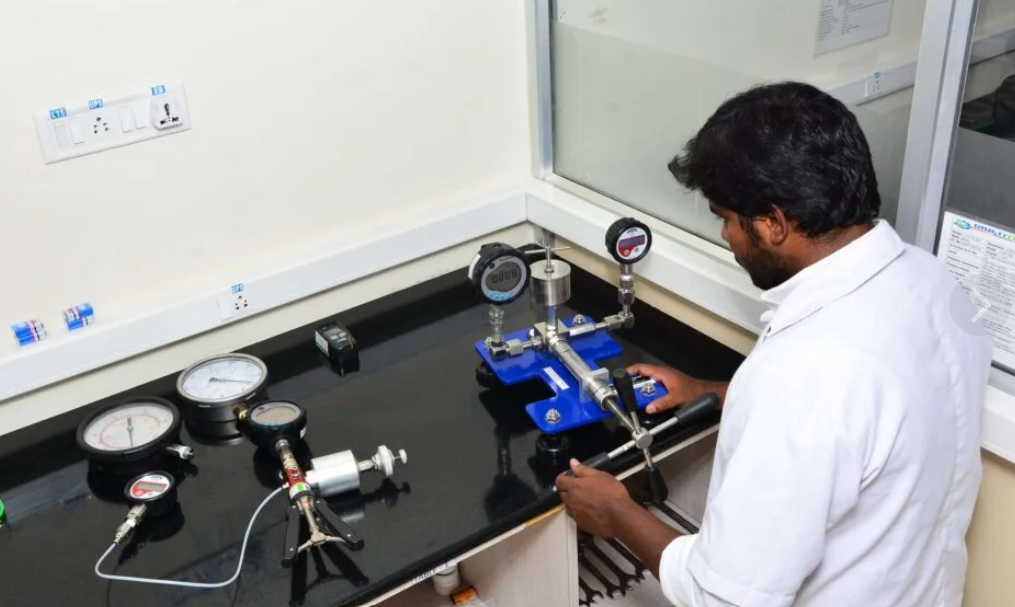Why calibration is important in Pakistani business?

Calibration is a fundamental aspect of quality control and assurance in any industry. In the context of Pakistani business, it plays a crucial role in ensuring that products and services meet the required standards and specifications. Calibration encompasses a wide range of activities, from fine-tuning machinery to maintaining measurement instruments, and its significance cannot be overstated. In this blog, we will delve into why calibration is important in Pakistani business and how it contributes to the overall success and competitiveness of the industry.
Compliance with International Standards
One of the primary reasons calibration is vital in Pakistani business is the need to comply with international standards. In an increasingly globalized world, businesses in Pakistan often export their products or services to international markets. These markets have stringent quality and safety standards that must be met for products to be accepted. Calibration ensures that products and services adhere to these standards, making them competitive in the global market.
Quality Control and Assurance
Calibration is an essential component of quality control and assurance. In industries like manufacturing, pharmaceuticals, and healthcare, even a slight deviation from the required standards can have significant consequences. Calibration helps maintain the accuracy and precision of equipment and processes, reducing the likelihood of defects and ensuring consistent quality.
Enhanced Reliability
Reliability is crucial in any business, and in Pakistan, where there’s an increasing demand for locally manufactured goods and services, ensuring that products are reliable is essential. Calibrated machinery and equipment are less likely to break down or produce inconsistent results, which can result in costly downtime and rework. This enhanced reliability ultimately improves the business’s reputation and customer trust.
Cost Savings
Calibration may seem like an additional expense, but in reality, it can lead to significant cost savings. When equipment is regularly calibrated, it is more efficient and accurate. This efficiency can result in reduced waste, fewer errors, and decreased production costs. In the long run, calibration pays for itself through the savings it generates.
Regulatory Compliance
In Pakistan, like in many other countries, various industries are subject to regulatory oversight. These regulations often require businesses to maintain calibrated equipment and provide documentation of calibration procedures. Failing to comply with these regulations can lead to fines and legal consequences. Calibration ensures that businesses meet regulatory requirements, thereby preventing legal issues.
Safety
Safety is a paramount concern in any business. Calibration is not limited to manufacturing processes; it also applies to safety equipment such as fire extinguishers, gas detectors, and safety alarms. In Pakistan, where workplace safety is a growing concern, the proper calibration of safety equipment is essential to prevent accidents and protect employees.
Improved Decision-Making
Calibration provides accurate data and measurements that are crucial for decision-making. In businesses, data-driven decisions are becoming increasingly important. Calibrated instruments and equipment provide reliable information for process optimization, resource allocation, and strategic planning, leading to more informed and effective decisions.
Conclusion
Calibration is a critical component of Pakistani business, contributing to compliance with international standards, quality control, reliability, cost savings, regulatory compliance, safety, and improved decision-making. Embracing calibration practices not only benefits individual businesses but also elevates the reputation of the Pakistani industry on a global scale. By recognizing the importance of calibration, Pakistani businesses can ensure their long-term success and competitiveness in an ever-evolving global marketplace.
